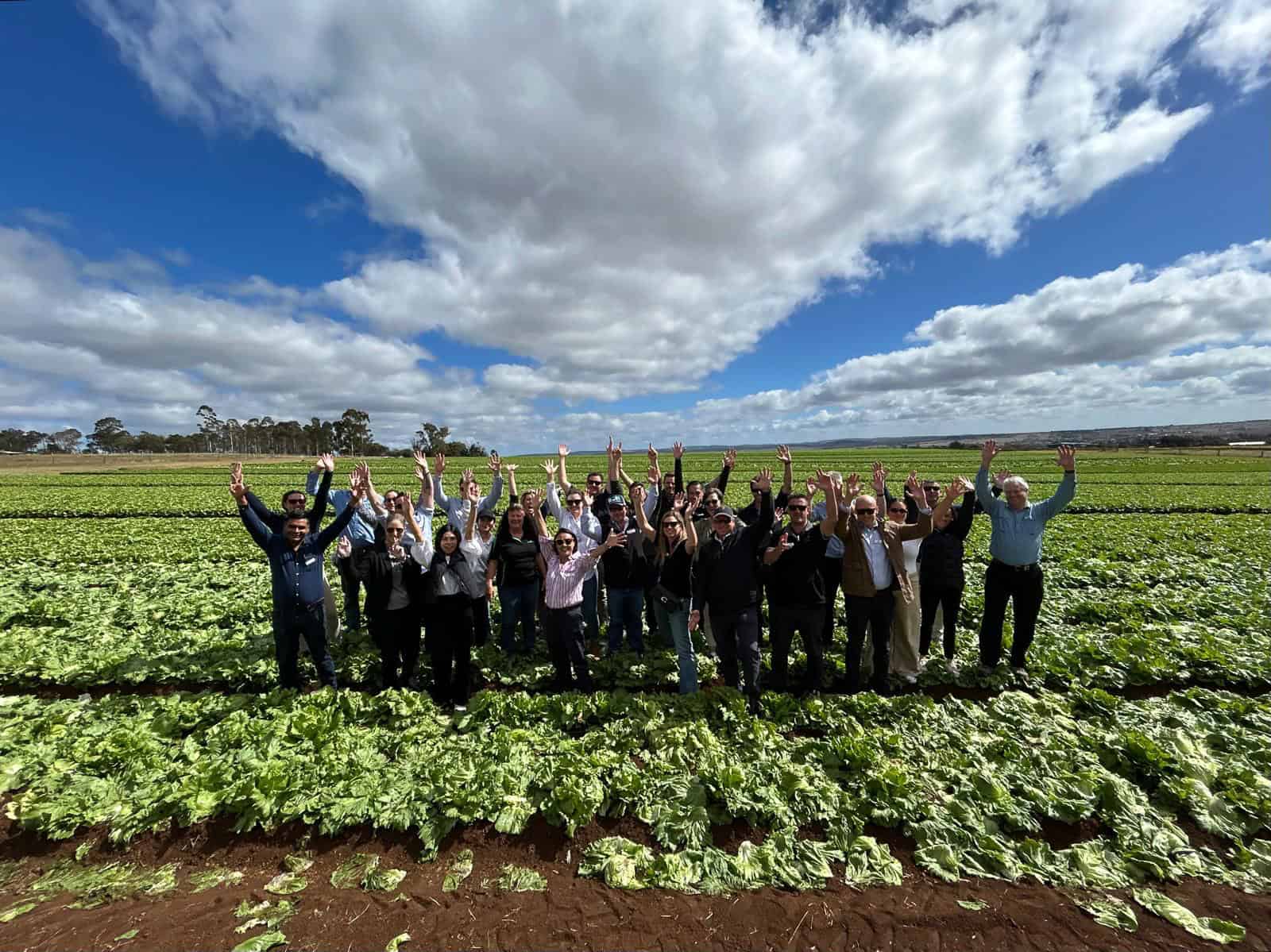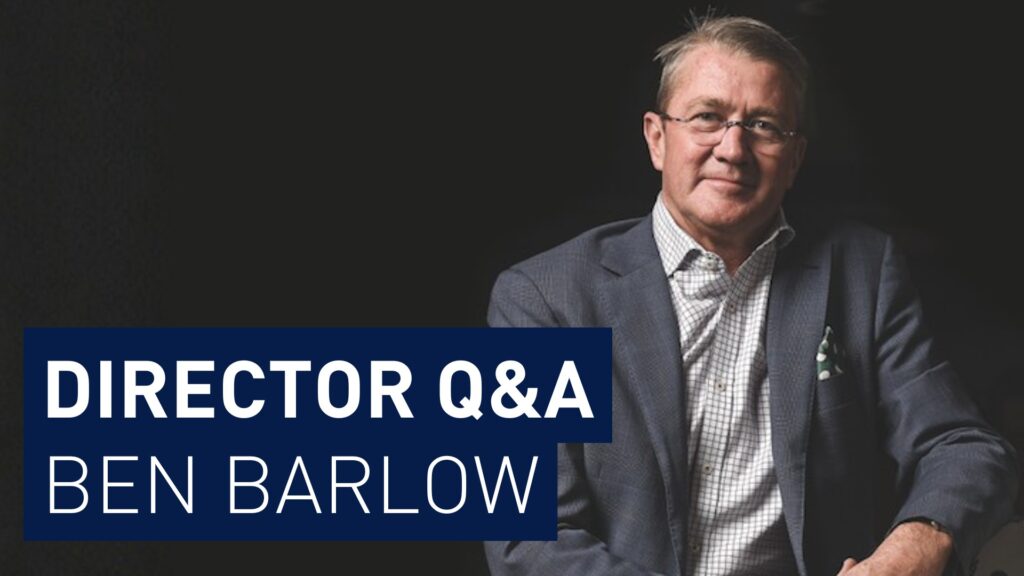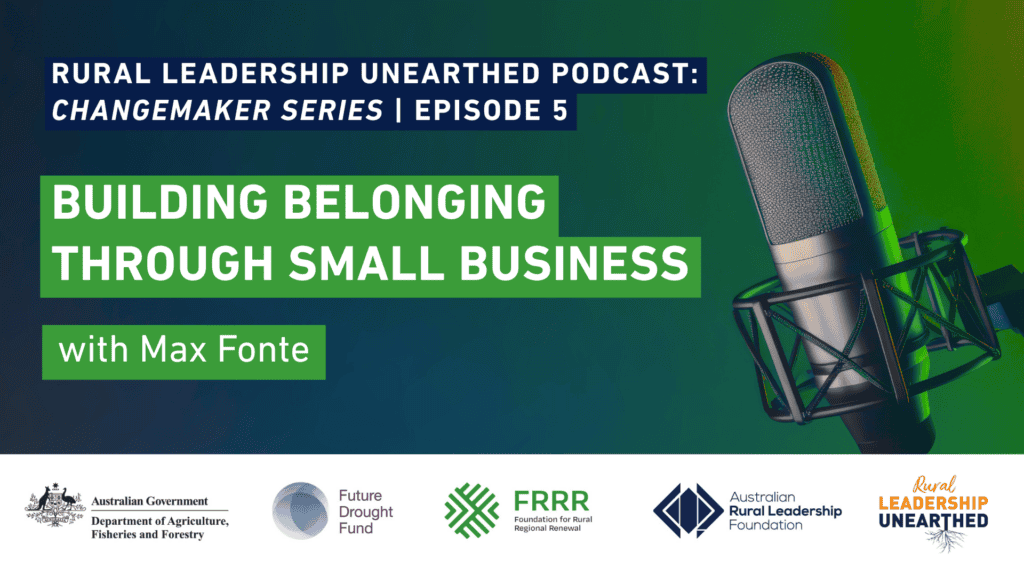Ten years ago, we set out to change how leadership was practised in agribusiness. We weren’t just looking to build better leaders, we wanted to connect people across the value chain and equip them to lead beyond their titles and organisations.
Today, the Australian Agribusiness Leadership Program (AALP) is doing just that.
A new impact report shows how far the program has come and the ripple effects it continues to create. What began as a bold idea to address siloed thinking has grown into a cornerstone for leadership development in one of Australia’s most vital industries.
A different kind of leadership
“There were a number of leadership opportunities in the broader agribusiness sector,” says ARLF Chief Executive Matt Linnegar, “but none bringing together people from diverse places and backgrounds into one shared experience.”
That’s where AALP stepped in bringing people together not just to learn, but to lead differently. To connect. To challenge assumptions. And to shape the future of agribusiness through influence, not hierarchy.
Since its launch, AALP has supported 168 participants from across every state and territory. This month, 27 new graduates joined a growing network.
Shared investment, shared impact
Forty-two funding partners have invested approximately $2.3 million into AALP over the past decade. This shared commitment speaks to the program’s value and to the power of collective leadership.
This year’s scholarship partners include Nutrien Ag Solutions, Fletcher International Export Pty Ltd, Elders Limited, AgriFutures Australia, Nufarm Australia Limited, Australian Meat Processor Corporation Ltd, Greenham, Syngenta, Australian Eggs Ltd, Woolworths Ltd, The Casino Food Co-op, Consolidated Pastoral Company, Australian Lot Feeders Association, and ANZ and Westpac banks.
For many of these partners, the program’s value is clear.
“People come back more confident, more self-aware, and they know they’ve got something to offer not just inside the business, but across the sector,” says Peter O’Keeffe, Commercial General Manager at Nufarm. “Years later, they’re still saying it’s the best thing they’ve done.”
Leading with purpose, not just position
From shifting mindsets to stretching comfort zones, the program is transformational by design. Its first week is immersive, demanding, and often life-changing.
“Thrown into the wilderness… taught me a lot about myself,” says Simon Thurbin from Westpac. “It changed how I handle risk, and that’s led to different business decisions some of which surprised even me.”
NSW cotton grower Joe Briggs reflects: “Before AALP, I thought you had to have the title to be a leader. Turns out, you just need the courage to step up when it matters.”
Participants describe AALP as a turning point one that builds confidence, deepens self-awareness, and shifts people from technical operators to inclusive, adaptive leaders.
“Helping others shift from being technical operators to understanding how they can lead. That’s the kind of leadership I try to model now,” says Brett Hofman from Syngenta.
What the data shows
The ARLF’s impact report highlights four key outcomes:
- Transformational leadership development
- Deep and lasting peer connections
- Value of immersive, challenge-based learning
- Increased adaptability across the industry
These outcomes aren’t just words. They’re reflected in stronger teams, more open conversations, and people stepping up in ways they never expected inside businesses, across sectors, and in their communities.
The next decade
As the sector faces complex shifts, from global disruption to generational change, AALP is evolving, too. There’s a focus on diversity, a drive to expand alumni networks, and a renewed commitment to inclusive leadership.
“This is the first time we’ve had five generations working at the same time,” says Syngenta’s Head of HR Carinne McRae. “We need to adapt our ways of working to manage and respect that.”
Peter O’Keeffe agrees: “There’s a whole group of capable people out there who don’t even realise they’re the ones we need. We have to find them and give them opportunities like this program.”
And that’s what AALP continues to do. Not just building individual leaders, but building the connective tissue of a more resilient, collaborative agribusiness sector.





